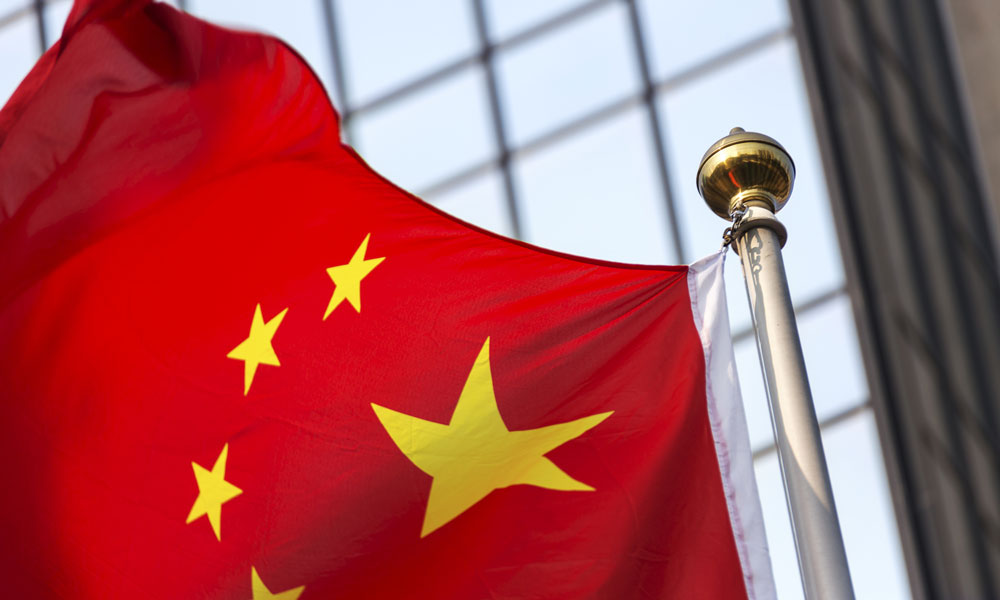
In China, Proposed Law Would Clamp Down on Foreign Nonprofits
The Communist Party in China, concerned that “Western anti-China forces” are spreading dissent within its borders, introduced legislation that would severely regulate foreign-based nonprofits. The U.S. nonprofit community is registering objections with the Chinese government.
Associations have made significant inroads in China in recent years, but draft legislation recently introduced in the Chinese National People’s Congress threatens to derail that work.
The “Foreign NGO Law,” according to news reports, is part of a package of legislation aimed at tightening China’s national security and strengthening the Communist Party’s rule. Under the proposal, all foreign-based nonprofits would be required to register with, and be vetted by, the Chinese government before they could conduct activities in the country.
Major restrictions would be placed on the ability of our association professionals to meet, share knowledge, conduct business, and share best practices with Chinese associations.
Associations are concerned that the law defines terms like “activity” and “NGO” (nongovernmental organization) very broadly. The Chinese government opened the proposal up to public comment, and myriad U.S.-based associations, including ASAE, took the opportunity to register their concerns. The public comment period closed last week.
“We are very concerned this draft legislation would make it extremely difficult for U.S. trade associations and professional societies to be active in China,” ASAE President and CEO John H. Graham, IV, CAE, FASAE, said in a letter [PDF] to the Chinese National People’s Congress. “Major restrictions would be placed on the ability of our association professionals to meet, share knowledge, conduct business, and share best practices with Chinese associations.”
Graham cited three provisions in the law that ASAE considers particularly worrisome:
- The overly broad definition of NGO. The law defines NGOs as “not-for-profit, nongovernmental organizations.” That sweeping definition doesn’t properly differentiate the association sector, Graham wrote.
- The requirement that all NGOs have a government-affiliated sponsor. This requirement would significantly limit the ability of associations to hold conferences and conduct events that would “mutually benefit all sectors of U.S. and Chinese society,” according to Graham.
- The overall tone of the legislation, which treats foreign NGOs as threats to China’s national security. “[A]ssociations host meetings, educational, scientific, and medical events in China designed to provide and share … the most up-to-date information and best practices of an industry,” wrote Graham. “We believe this law unfairly paints associations as a threat to China.”
The draft law is similar to a decree introduced in Egypt late last year by President Abdel Fattah al-Sissi, who, like Chinese President Xi Jinping, wanted to squelch local dissent. But when asked whether restrictive NGO legislation will spread further, ASAE Senior Vice President of Public Policy Jim Clarke, CAE, said it was unlikely, noting that these laws are reflective of the “insular nature” of those countries.
“We’re encouraged that China’s leaders provided the opportunity for comment, and, hopefully, there is a willingness to consider how this draft law would impact foreign association activity in mainland China,” said Clarke. “Not only are there economic considerations in play. There would also be significant repercussions from chilling what has been a mutually beneficial exchange between Chinese NGOs and their foreign-based counterparts. With the comment period now closed, we are in a waiting game to see what happens next.”
(iStock/Thinkstock)






Comments